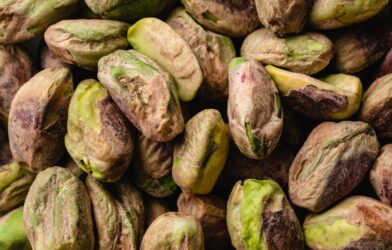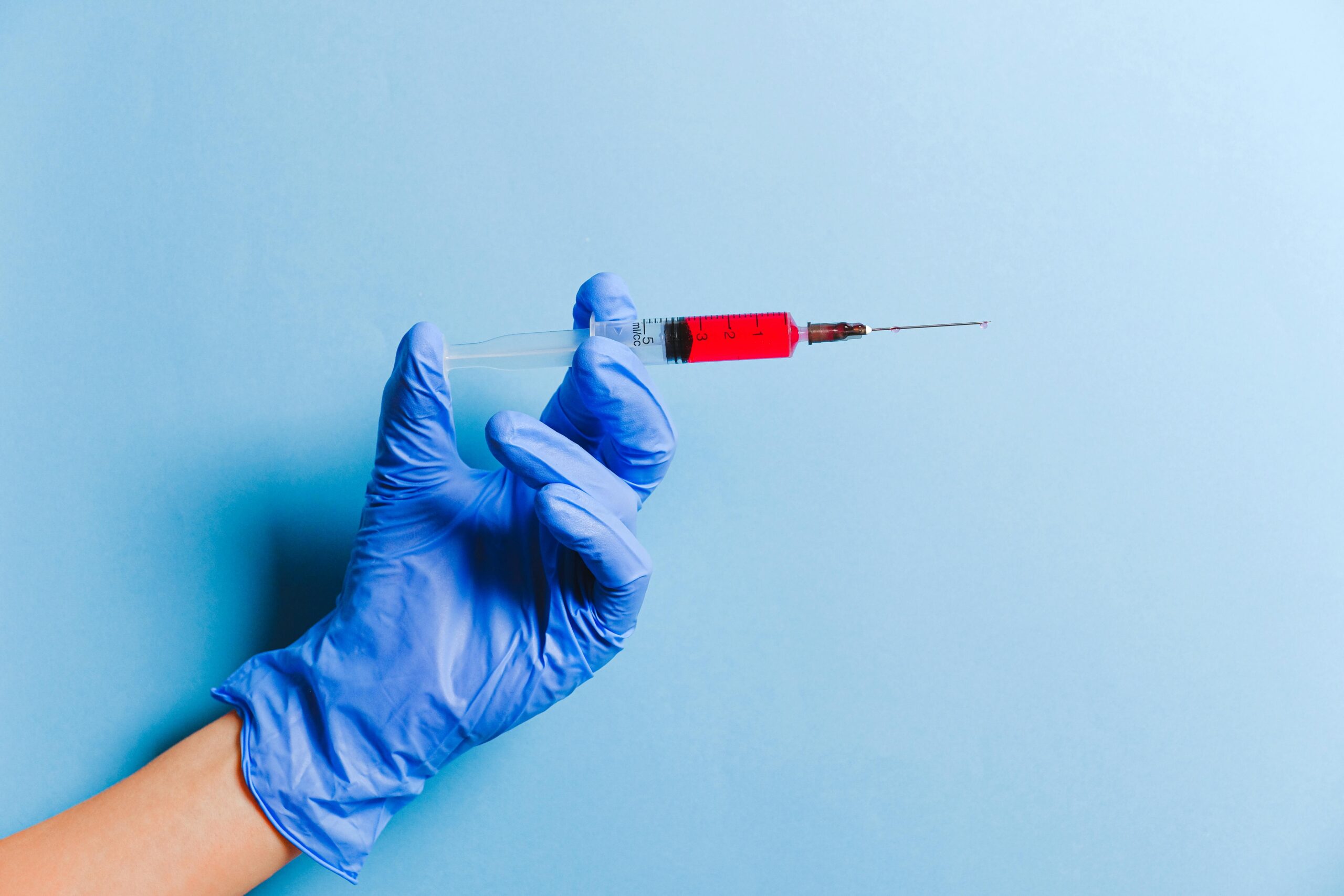
gut microbes


Your Stressed Cells Are Feeding Cancer: How a Broken Alarm System Fuels Tumor-Promoting Gut BacteriaSeptember 29, 2025

The Gut Feeling: Why Caribou Conservation Needs a Closer LookSeptember 27, 2025

Is the Secret to a Healthy Gut Buried in the Dirt? New Study Links Human and Soil HealthSeptember 23, 2025

Your Gut Bacteria Could Be Your Best Defense Against Serious IllnessSeptember 23, 2025

New Study Shows Pistachios Can Reshape Your MicrobiomeSeptember 19, 2025

The Gut Microbiome: The Key to Curing Food Allergies?September 17, 2025

Is Your Child’s Gut Too Slow? New Study Reveals Hidden Diabetes RiskSeptember 16, 2025

How Your Gut Could Fuel Post-Infection FatigueSeptember 16, 2025
